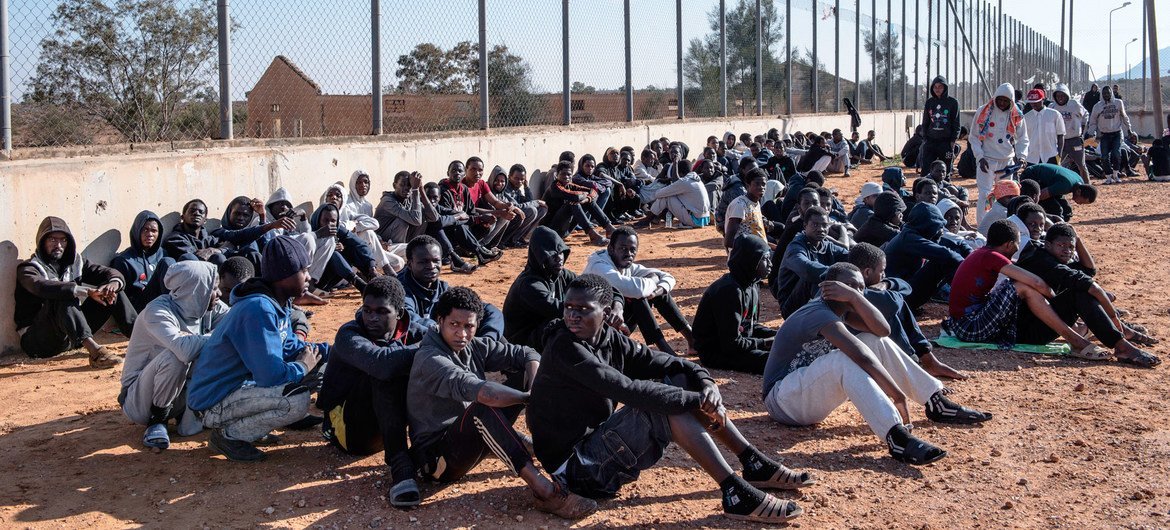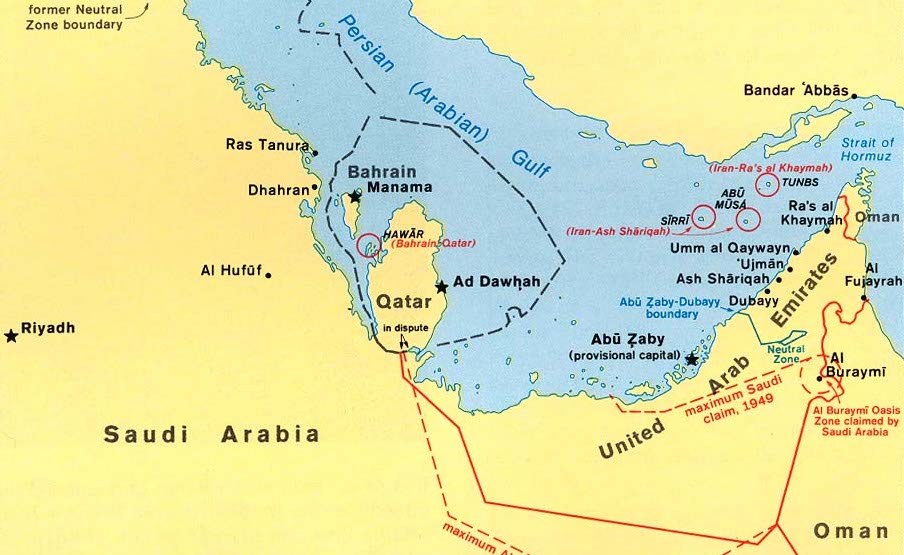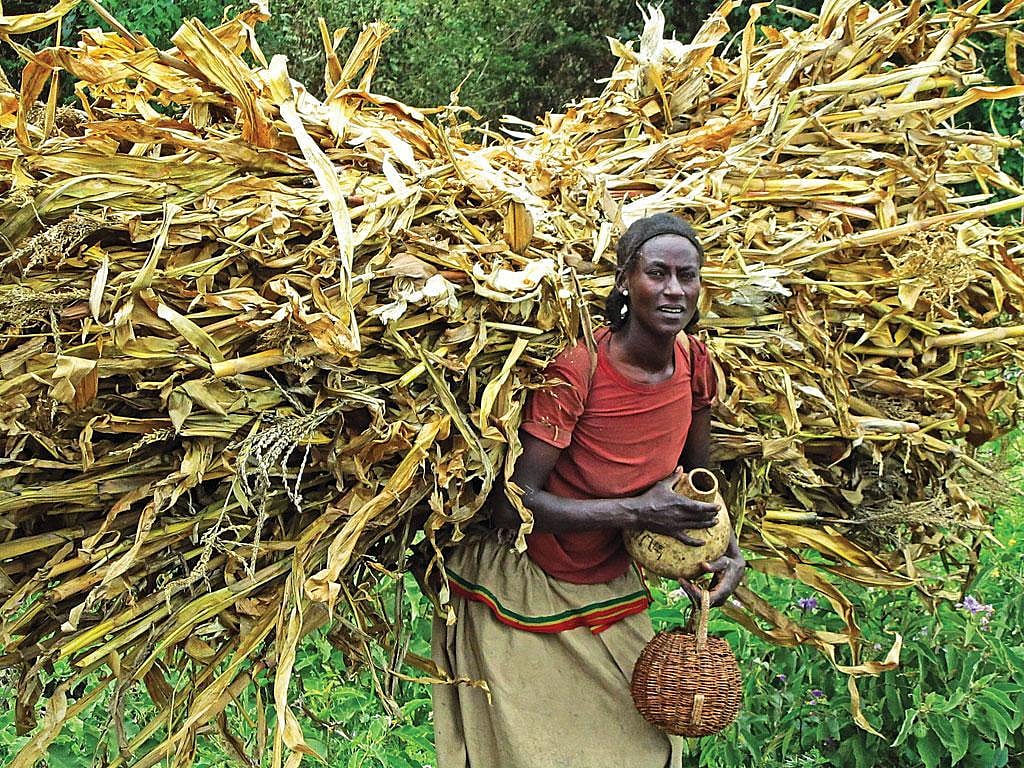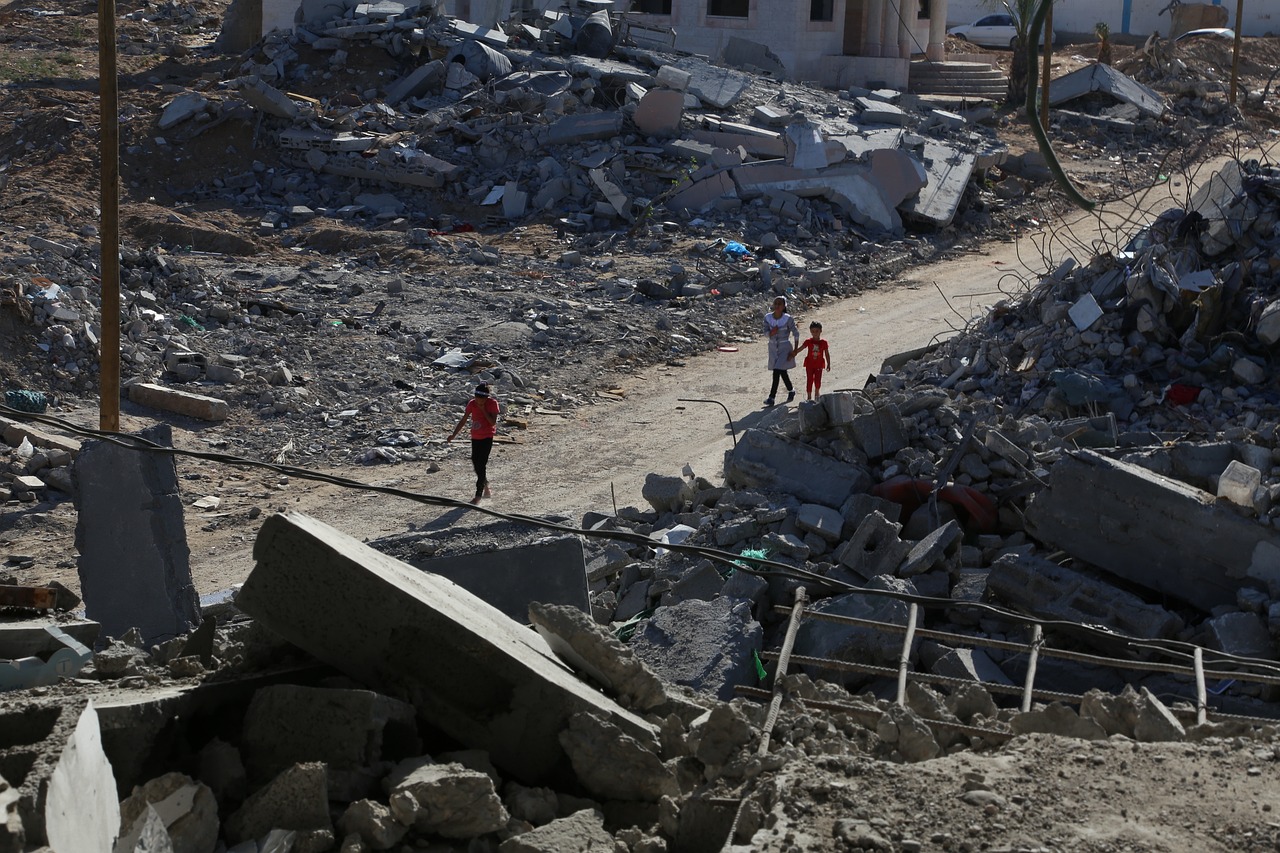
Another mass grave discovered in Libya
The Libyan Attorney General’s Office announced the discovery of a mass grave containing the remains of 21 bodies near Benghazi. Investigators have ordered that DNA samples be collected from the remains to identify the deceased and that full autopsies be carried out to determine causes of death. Refugees in Libya, a Libyan-run organization registered in Italy that provides support for refugees, urged the International Criminal Court prosecutor, Karim Khan, to “assess this case within the Court’s mandate.” The group further implicated EU policies: “The killings…occurred within a system where people are blocked, intercepted, returned, and abandoned in Libya after being denied safe pathways to protection. This demands accountability beyond Libya.” (Map: Perry-Castañeda Library)









